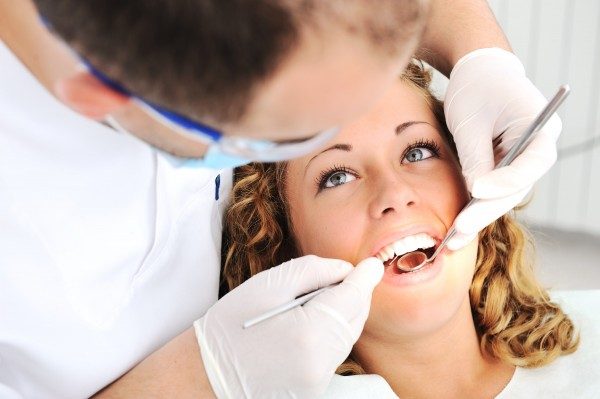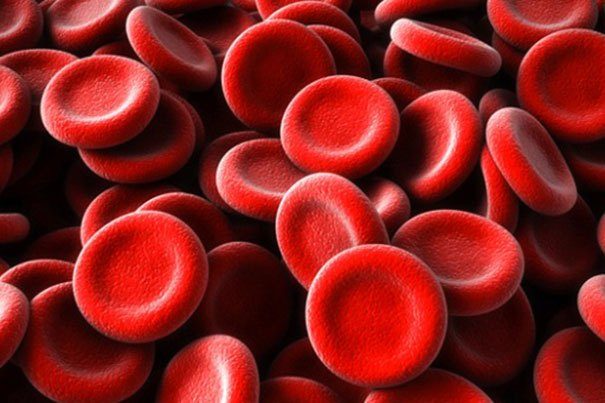Do your gums bleed when you brush your teeth? Have your gums become loose and spongy? Do you see a thin white line forming at the base of your gums? If you have answered yes to at least two of these questions then you might be suffering from gingivitis.Gingivitis is a gum disease that seems to affect almost everyone you meet these days. If you just discovered that you’ve got it, don’t panic. There is nothing that good dental hygiene and care can’t do to get your teeth back to its shining white glory.
Here are some of the main causes of gingivitis:
- Poor dental hygiene-Teeth needs to be brushed at least twice a day and even flossed once in a while. If you are not getting rid of the bacteria that is getting deposited in your mouth, this bacteria along with the saliva and other particles will then set a plaque on your teeth.If you fail to remove this plaque formation immediately, it hardens to form tartar which can then only be removed by a professional dentist.
- Hereditary-Sometimes dental conditions are passed on from parents to their children. It might just not be your fault. Go blame it on your parents and grandparents for suffering from such a condition.
- Hormonal Changes-When people are going through extreme hormonal changes in the body, their gums also become more sensitive, thereby increasing the risk of inflamed and irritable gums. People who are going through the phases of puberty, pregnancy or menopause are more susceptible to getting this gum disease.
- Smoking-There is no scientific theory to prove this, but gingivitis is a more common occurrence among people who smoke.
- Medicines-There are some medicines that prevent the salivary glands from producing enough saliva for proper dental hygiene. In these circumstances, these medicines become the cause of developing gum disease.
- Diseases-People suffering from chronic diseases such as cancer, HIV and even diabetes are at a higher risk of developing gingivitis because of the body’s declining health and inability to defend itself from the bacterial deposits.
- Diet-A diet that is poor in essential vitamins and minerals will reduce the ability of the body to heal and defend itself from plaque formation.Apart from that, a diet rich in sugar and carbohydrates, coupled with less water intake is a shortcut to acquiring gum disease; as such a diet encourages the deposit of plaque and tartar.
Now that you know the top causes of developing this gum disease called gingivitis, it is up to you to make sure that you take proper care of the set of pearls in your mouth.


















